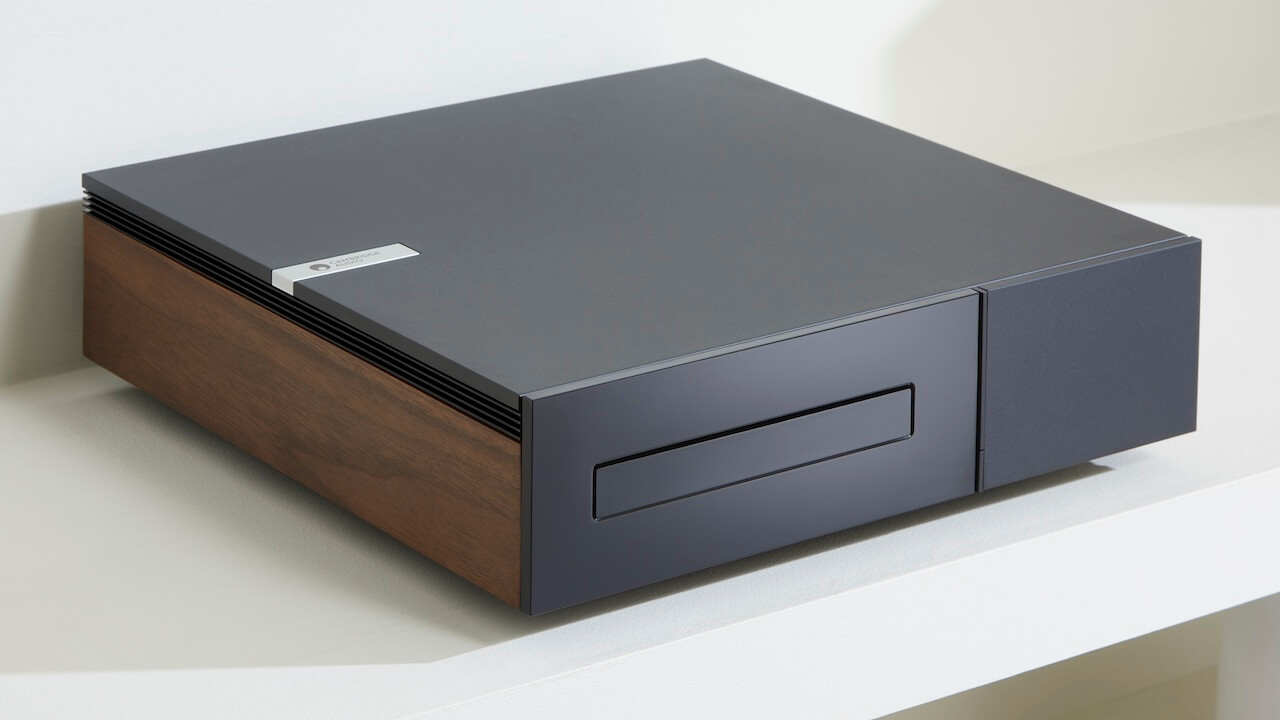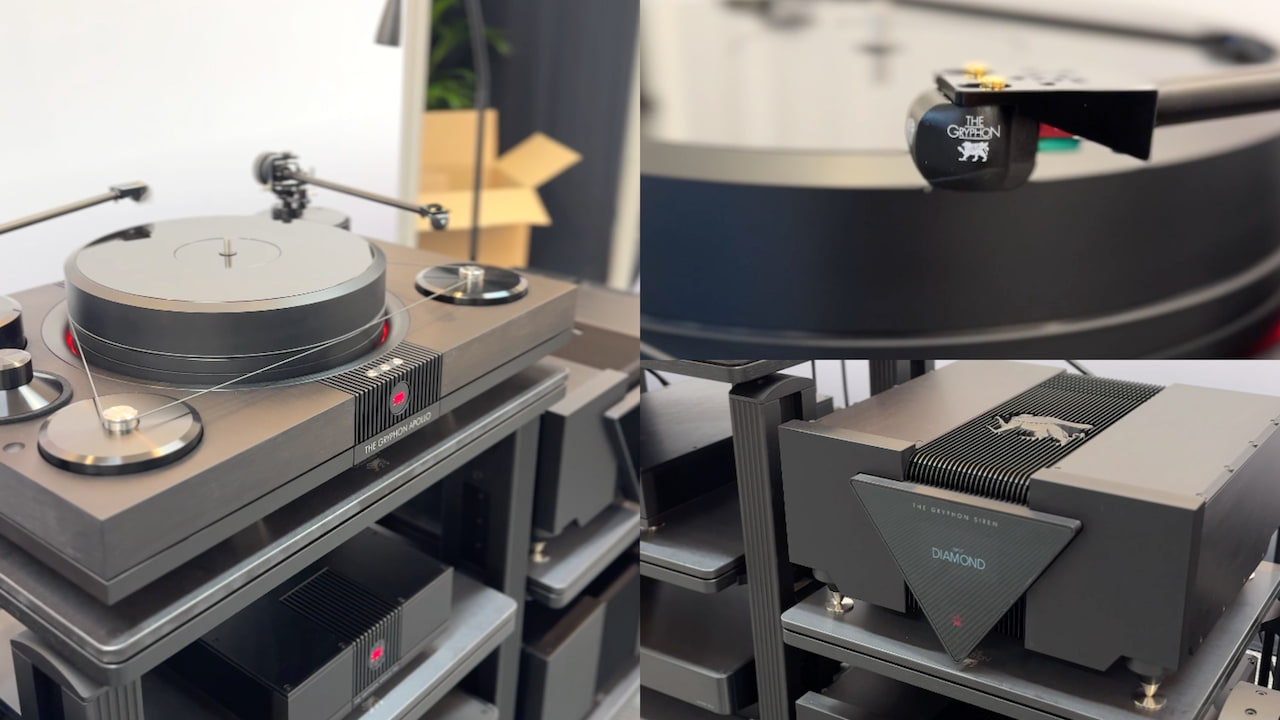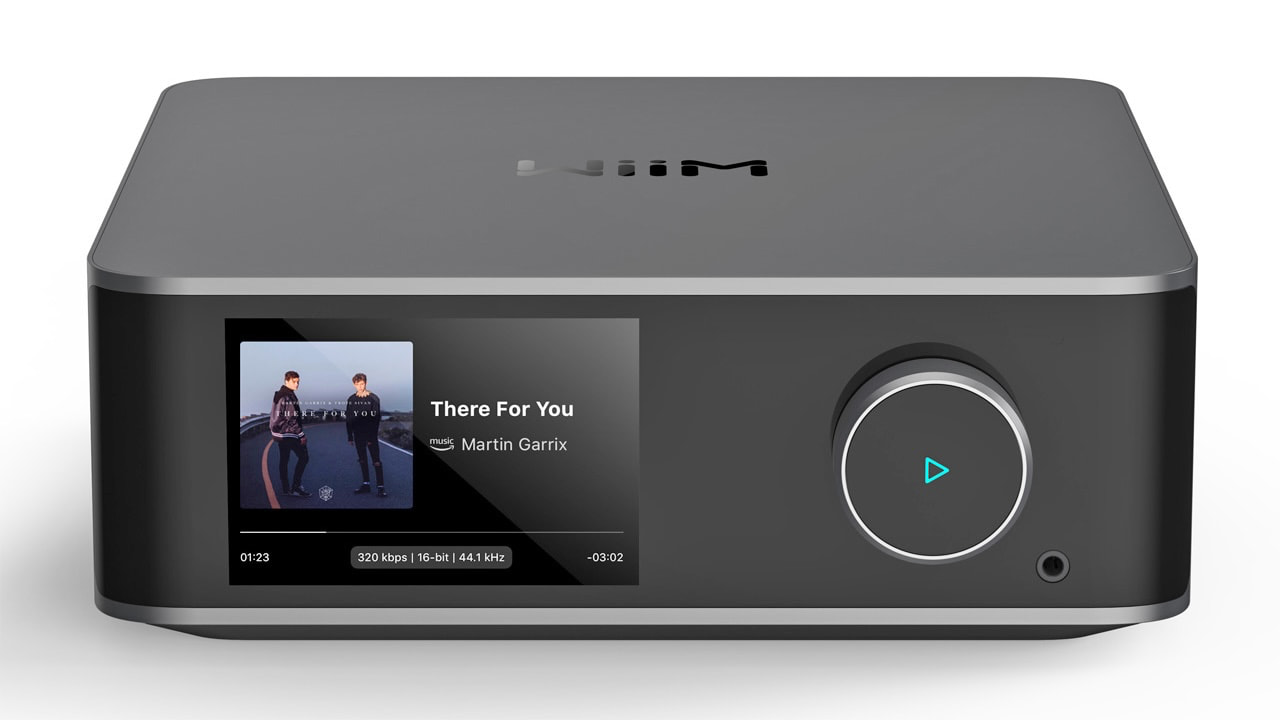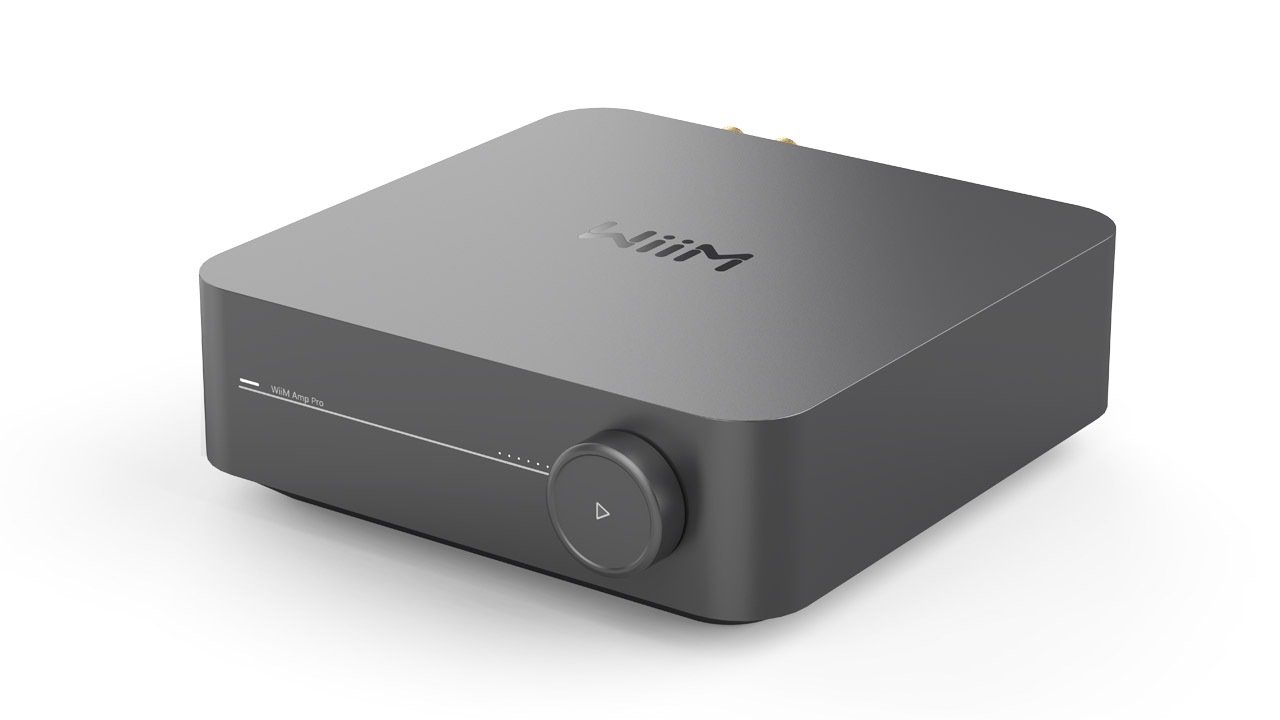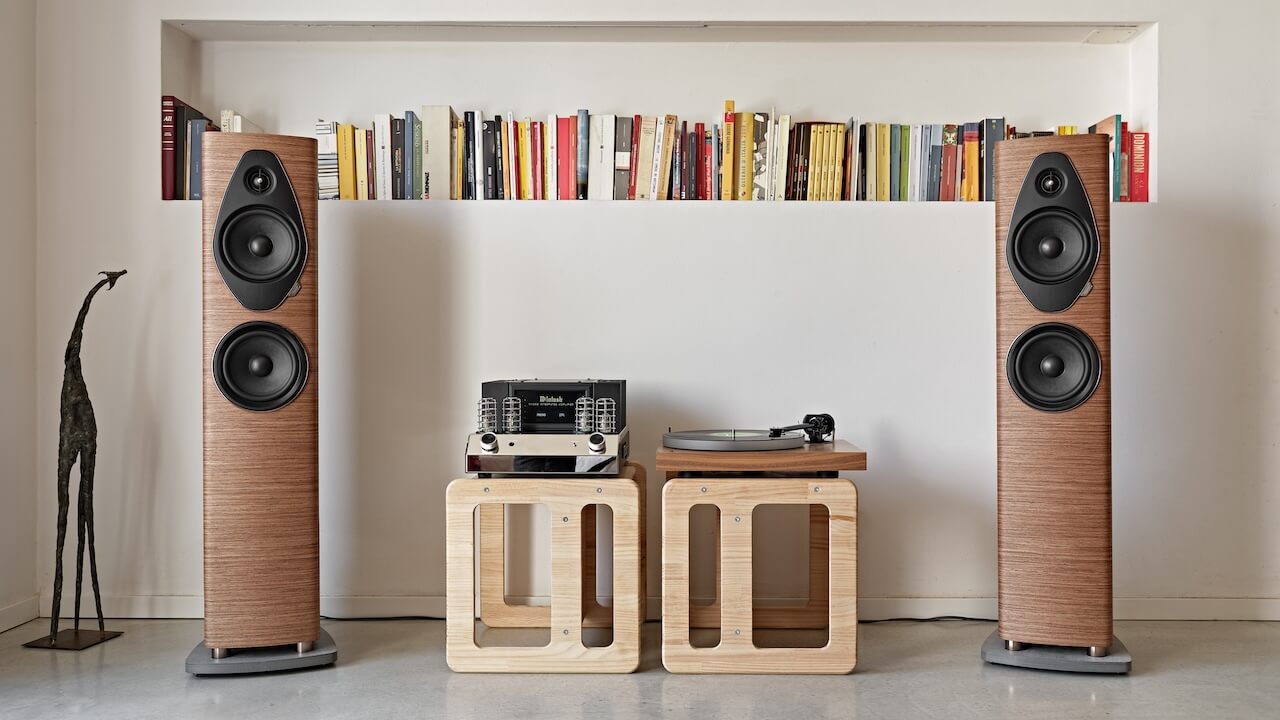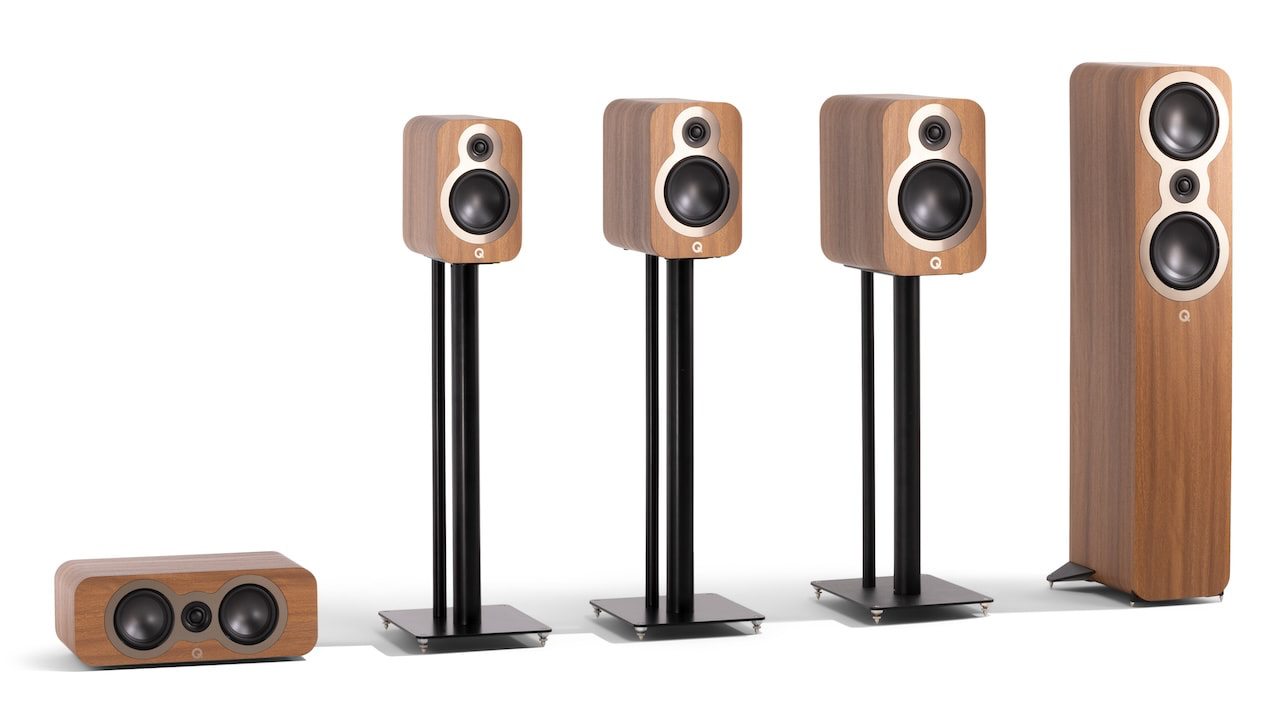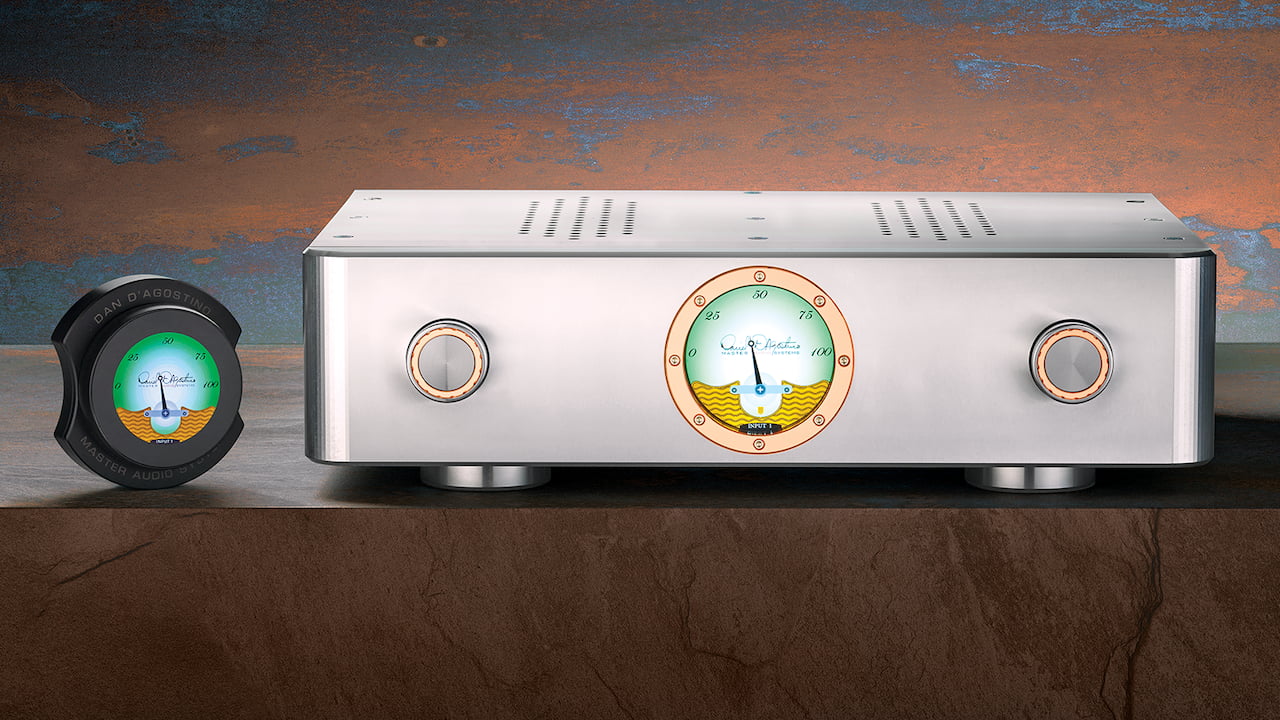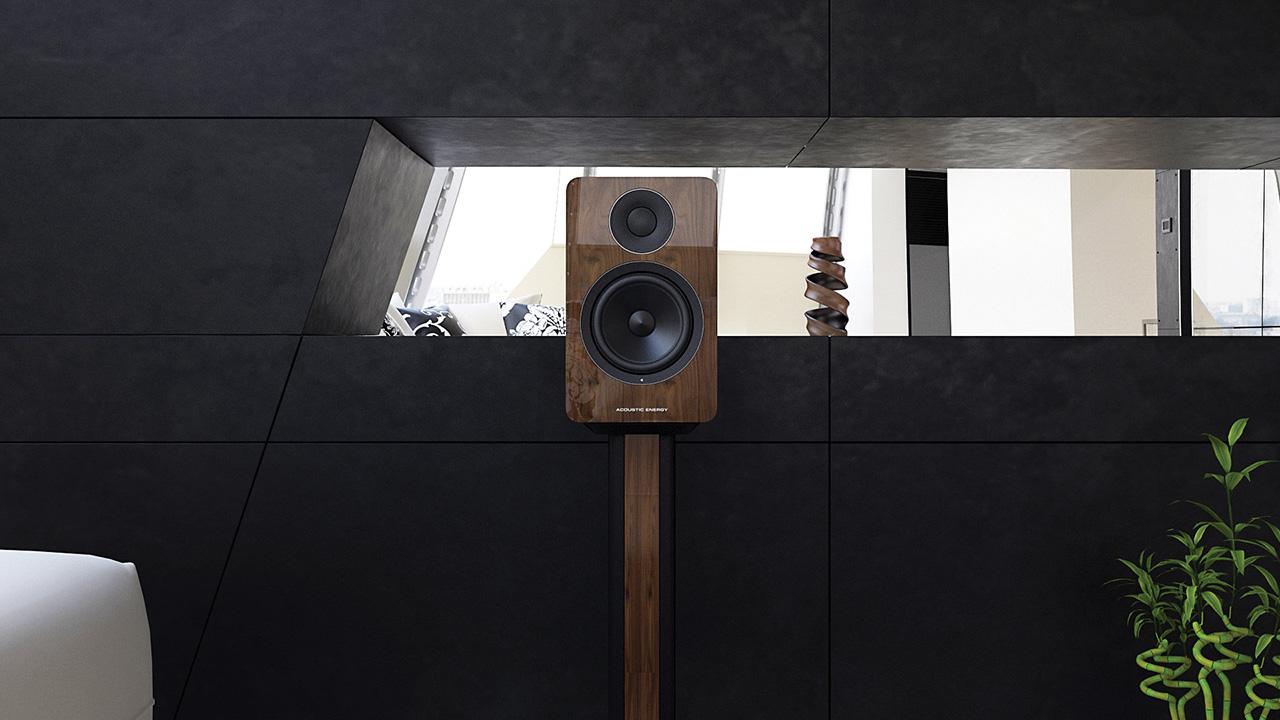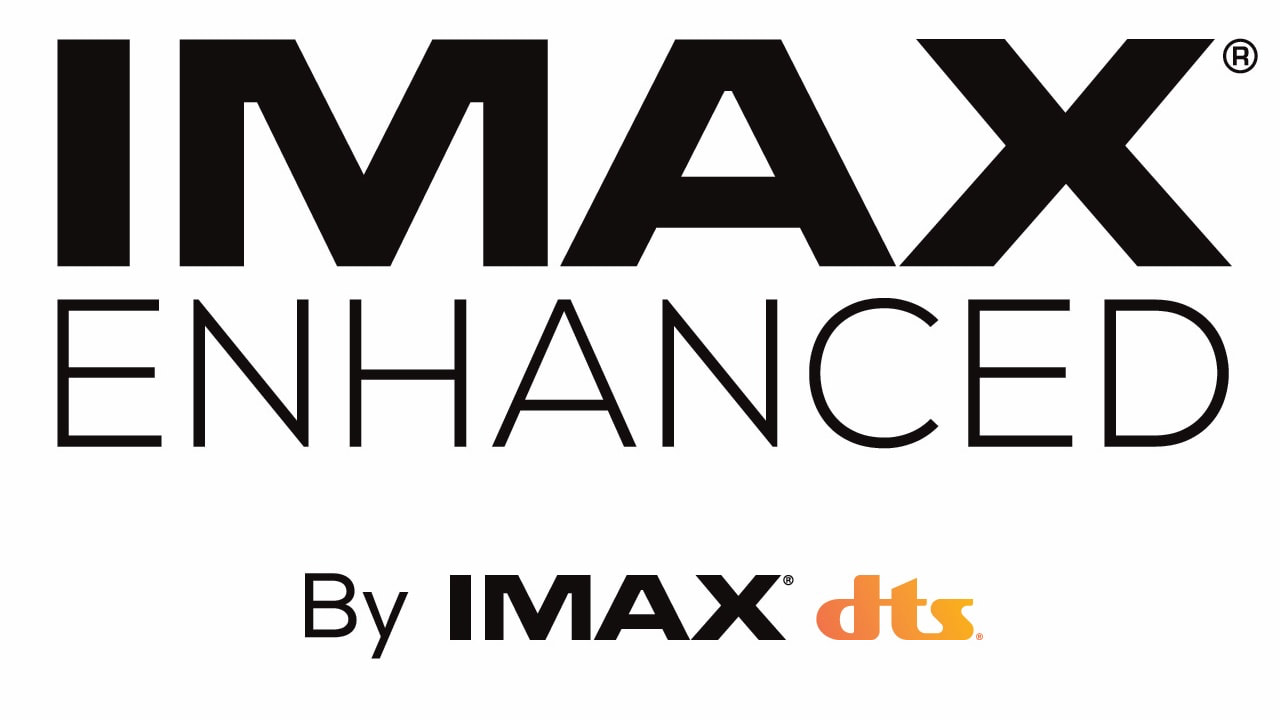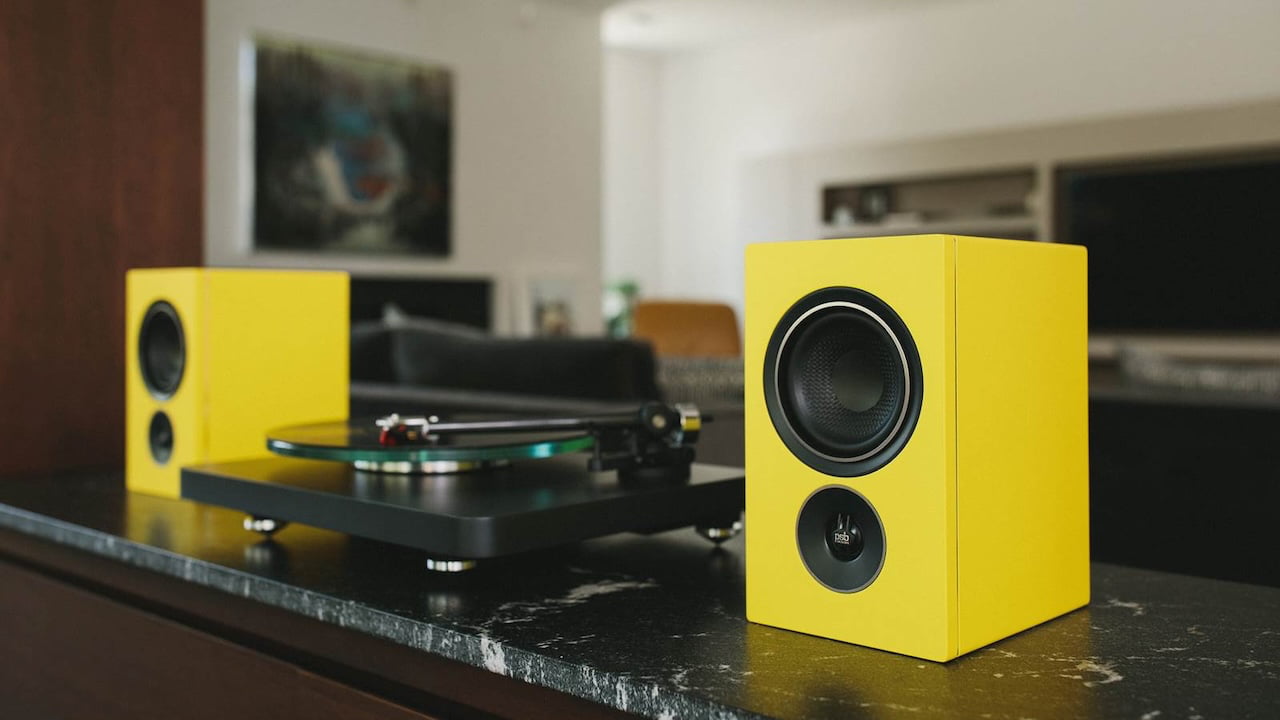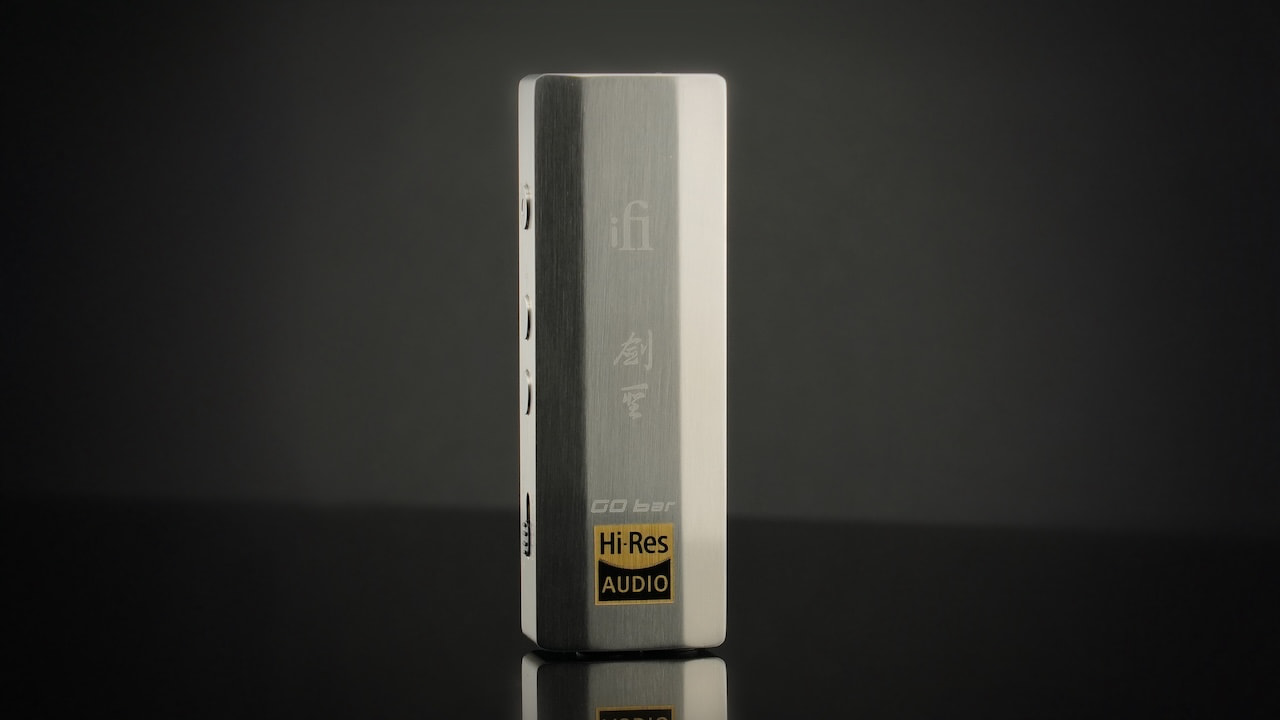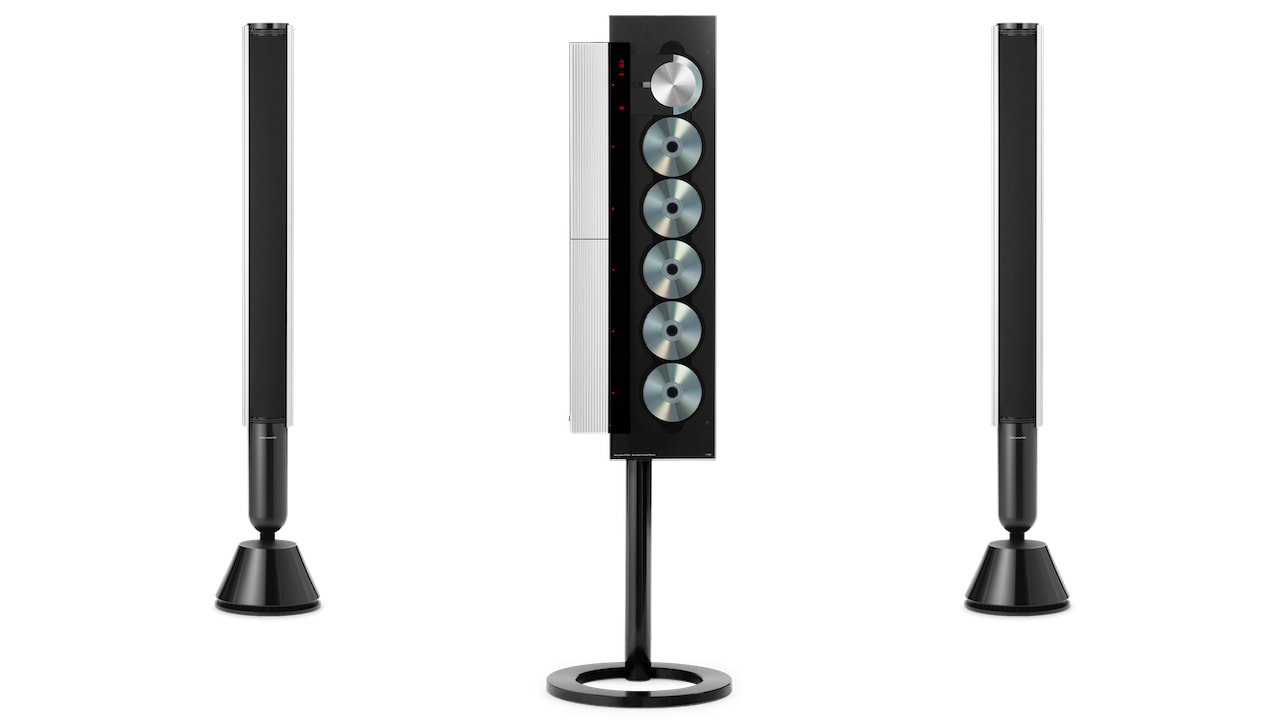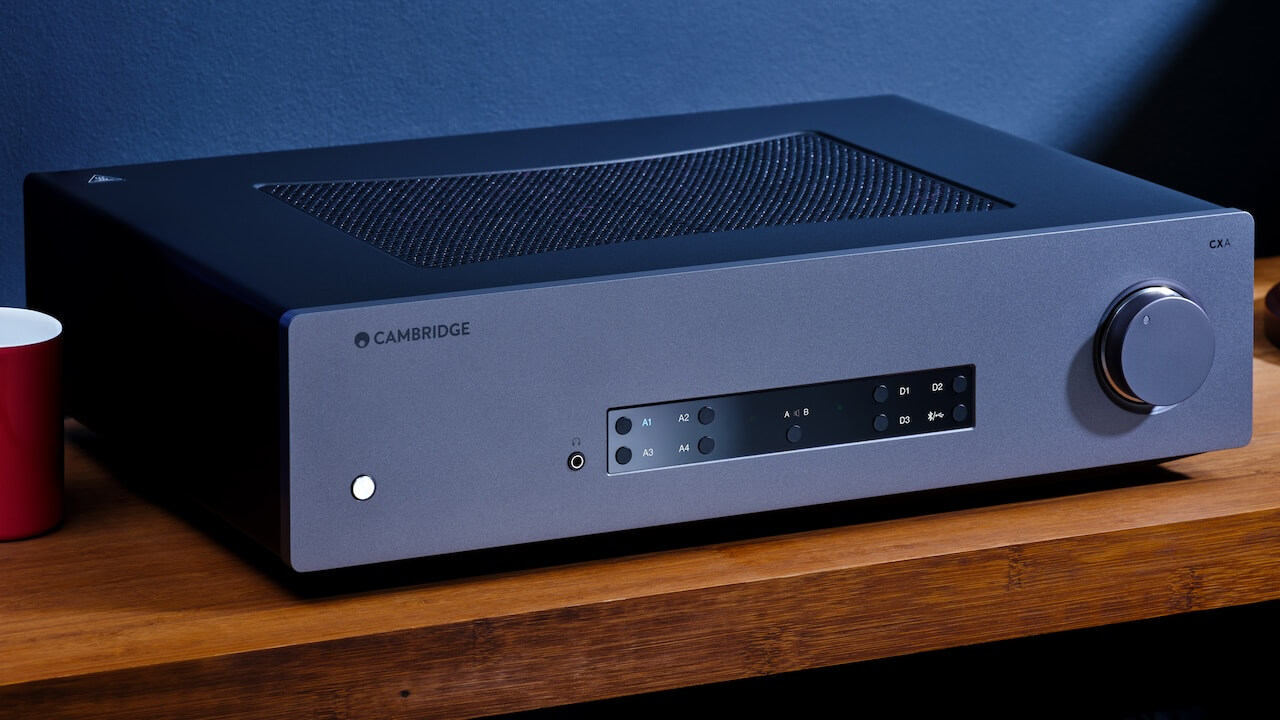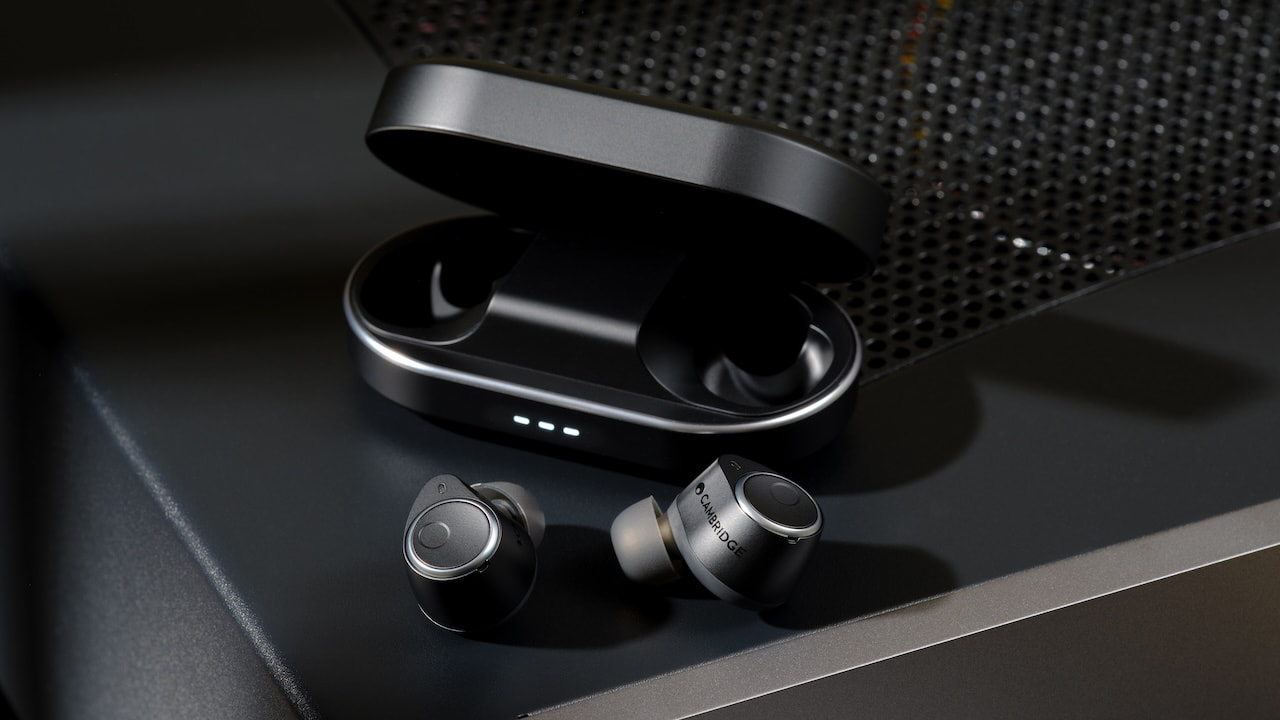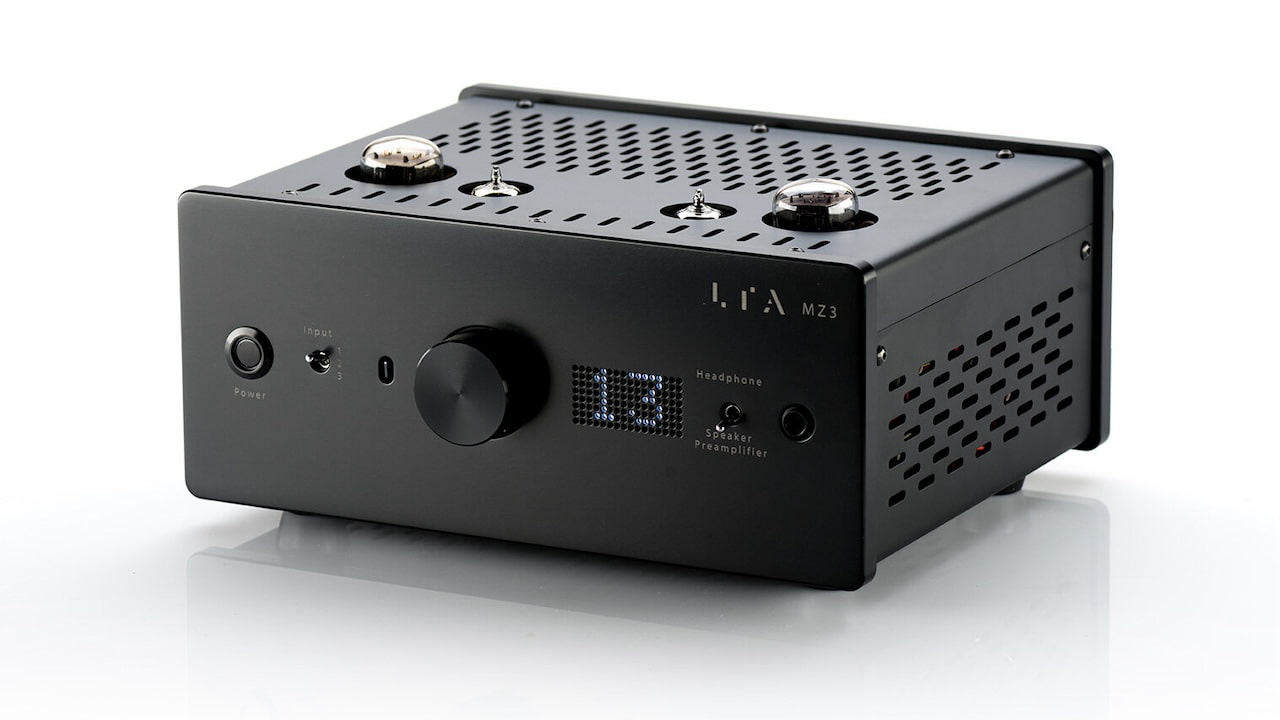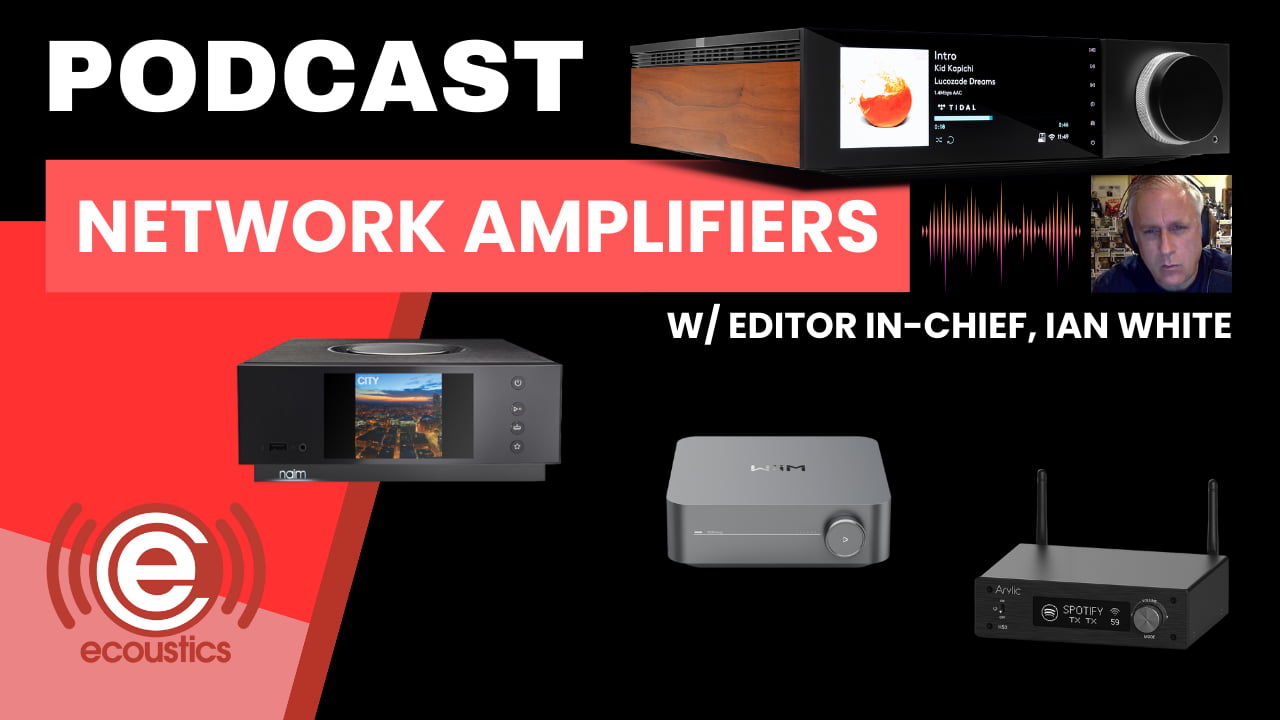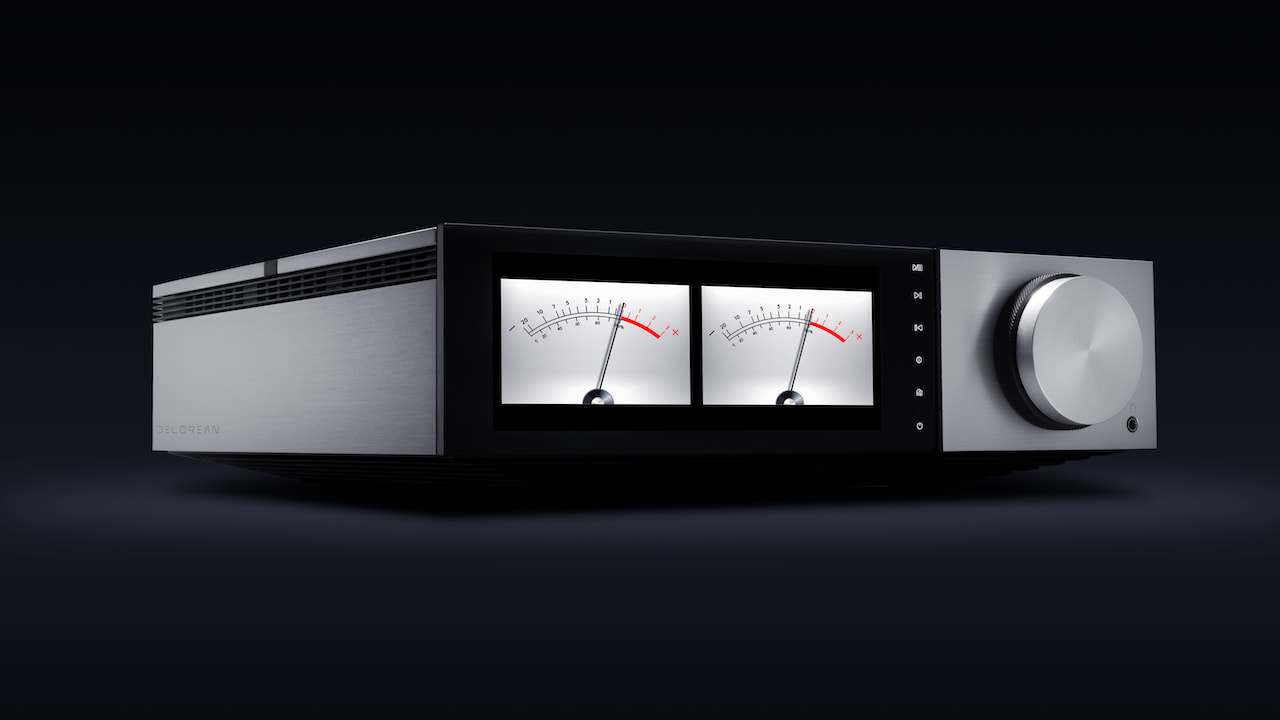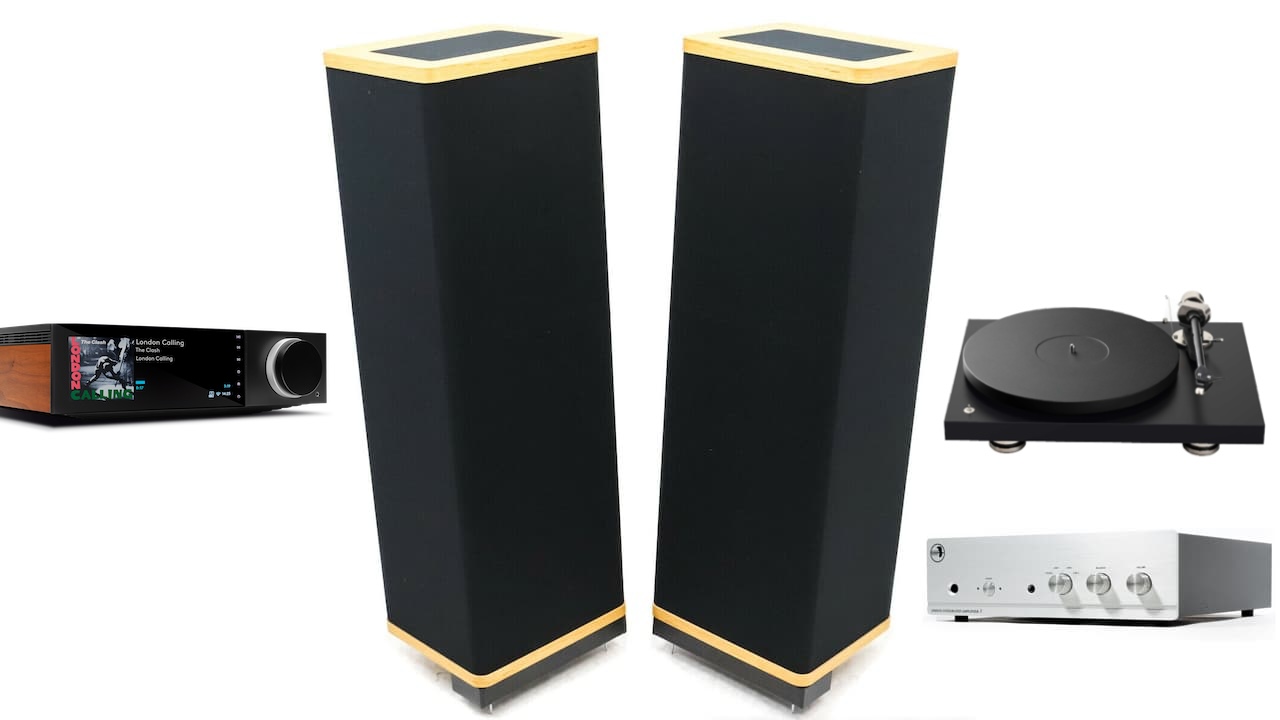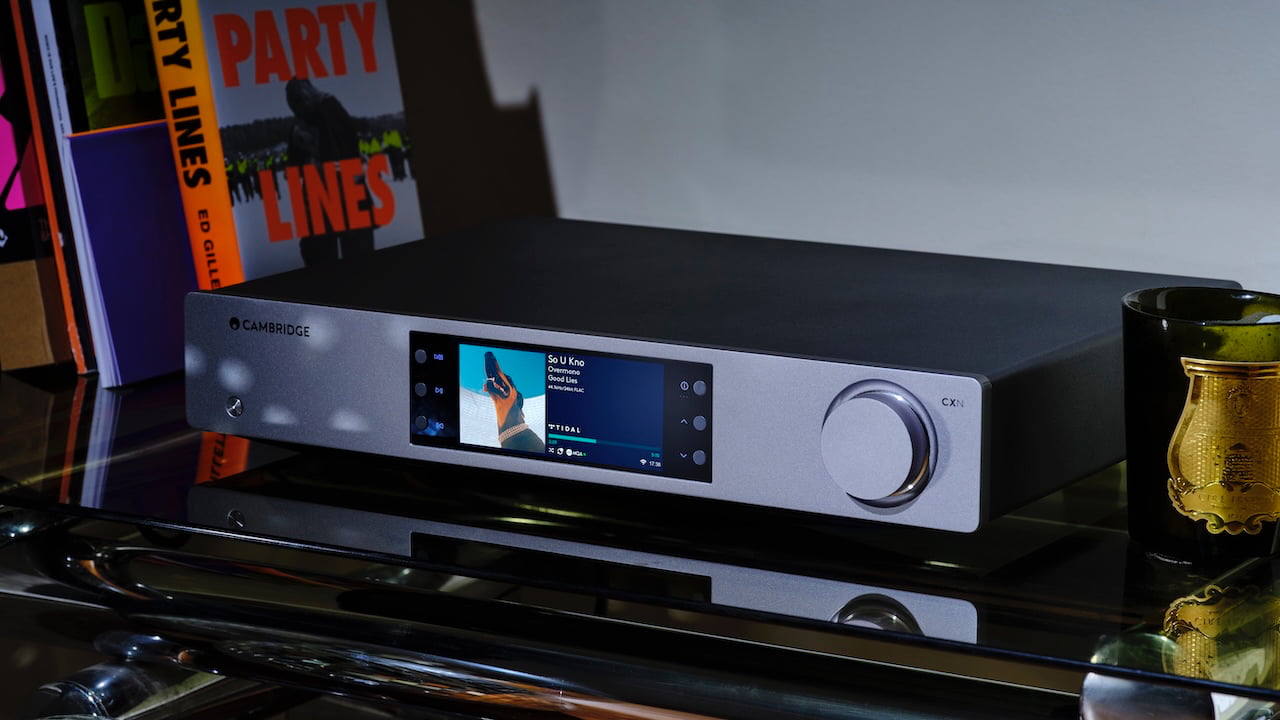It would appear that CD players are anything but dead in 2023 and the more we listen to — the greater our desire to own a really good one.
Depending on where you live, CD sales are either dead or still doing decent business for retailers. The used CD market in the U.S. and Canada is booming for the obvious reason that the physical format is very cheap and who could resist paying $4 for JVC XRCDs that once sold for $30 apiece.
A trip to Princeton Record Exchange after Record Store Day proved to be a rather bountiful visit. 13 sealed Blue Note, JVC XRCD, and Impulse Jazz titles for less than $58 USD. I also picked up 4 sealed Bill Frisell, Depeche Mode, and Dead Can Dance titles for under $40.
With more than 2,000 CDs in my collection after almost 37 years of buying them, it is safe to say that I am deeply committed to the format; all of them have been ripped to LaCie HDDs that are connected to my Roon Nucleus, but I still own 3 CD players (Marantz, Audiolab, and NAD) that get used a lot.
Even having invested a significant amount of money in streamers and network players, along with monthly subscriptions to TIDAL, Qobuz, and Spotify — there is no possibility of abandoning the CD format.
The other incentive is that I can’t justify spending $30 or more on every record purchase.
My record purchases dropped by almost 75% in 2023 and I rarely go to the record bins anymore. After so many decades of buying vinyl, my collection has reached the point where adding anything new requires a release to be really special.
Evo CD
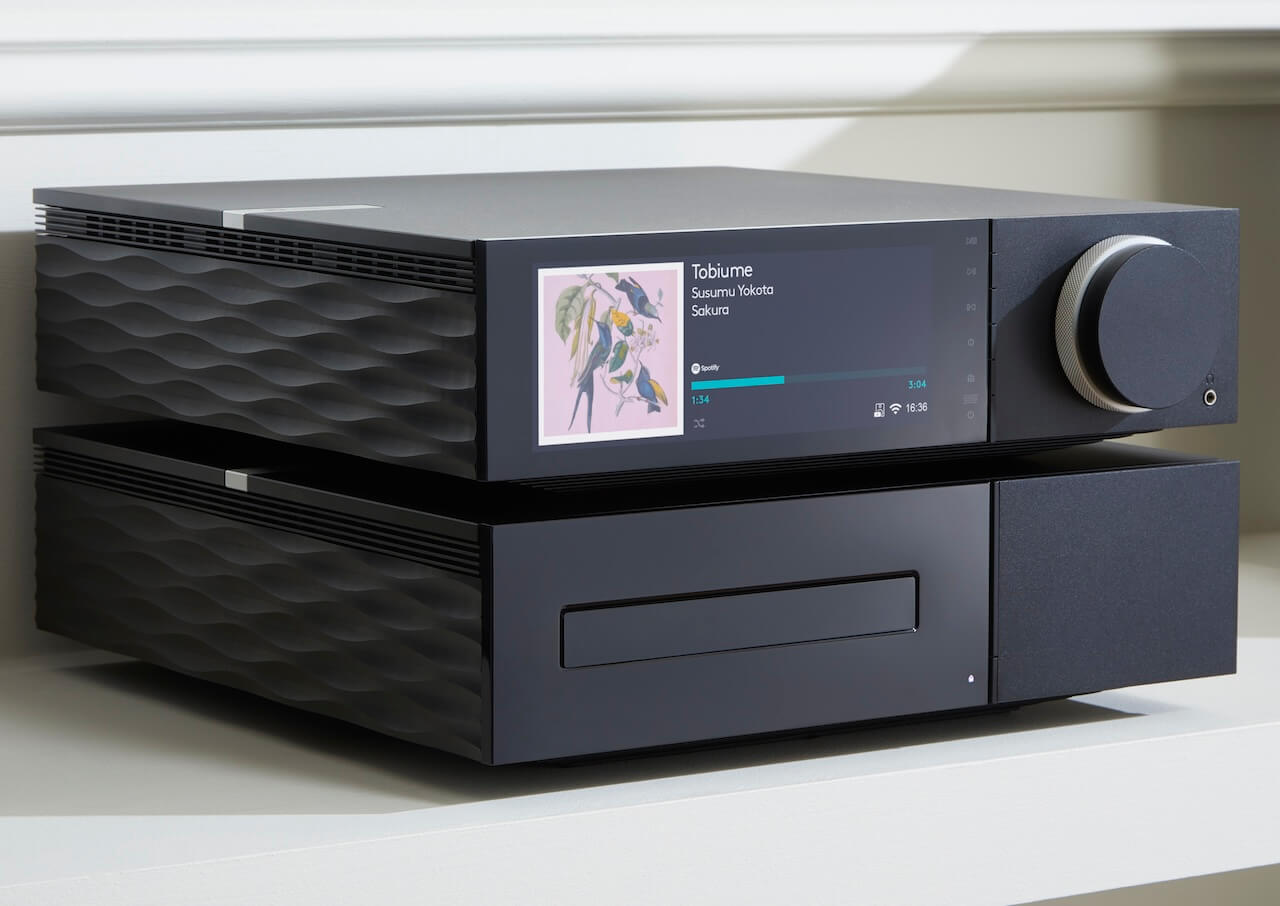
Cambridge Audio’s Evo Streaming Amplifiers have been a huge hit so far and our review of the Evo 150 streaming amplifier will drop next week; the British amplifier is a strong contender for “Editor’s Choice” in the category for 2023 for its superb sound quality and eye-catching industrial design.
There is only one thing missing from the Evo 150 — CD playback.
The new Cambridge Evo CD Transport aims to rectify that.
But there is a huge caveat that needs to be addressed before describing its superb sonic playback.
It will only work within the context of a Cambridge Evo 75 or Evo 150 system.
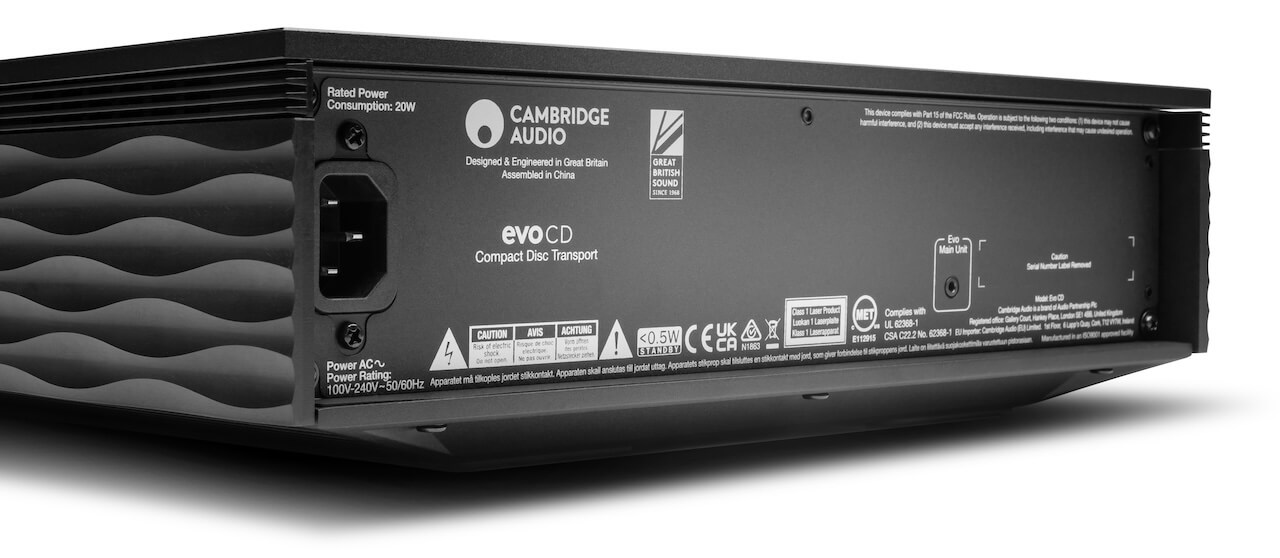
A quick look at the rear panel reveals a proprietary connection output that will not work with any other DAC or amplifier.
Whilst I understand the desire to keep things simple and within the same hardware ecosystem — that also makes it impossible for owners of other Cambridge Audio amplifiers like the Edge A or AXA35 to use it as well.
Why did they do this?
The initial thought was to integrate a CD player inside both Evo streaming amplifiers but engineers did not feel that there was enough room and that it would compromise the sound quality.
The other issue was that Cambridge wanted the Evo CD player to work with the StreamMagic control app which enables album artwork to appear on the control screen of both amplifiers.
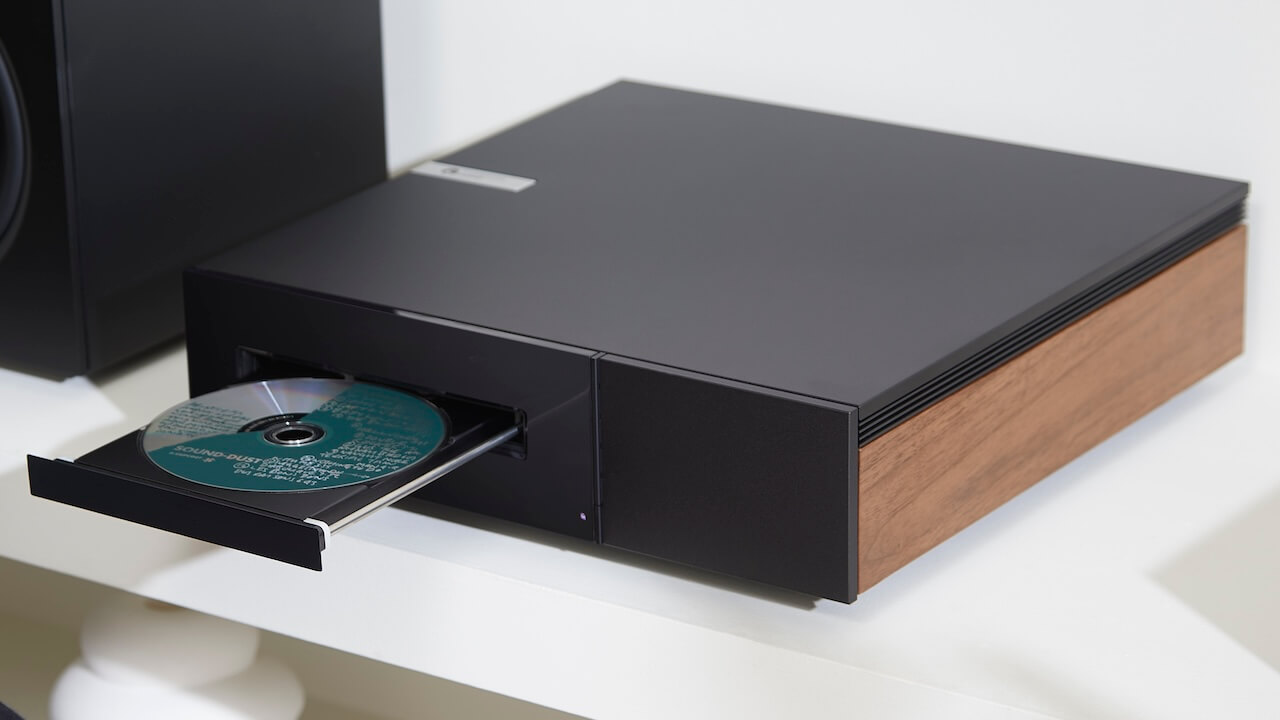
The Evo CD transport offers support for multi-format playback and gapless playback. CD-DA, CD-R and CD-RW discs are also supported.
Another change is the upgraded Evo CD’s custom-made S5 Servo, which (in theory) offers superior performance to older CD players. Cambridge feels that it offers superior error correction, improved detail retrieval, and much faster disc detection and start-up.
Having run over 40 CDs through the Evo CD so far, it has successfully delivered on all of those promises.
It is also a rather compact unit designed to visually blend with both Evo streaming amplifiers. The Evo CD measures 317 x 89 x 352mm (12.4″ x 3.5″ x 13.8″) (H x W x D) and weighs 12 pounds.
Build quality is excellent overall and the drawer offers wonderfully quiet operation.
Listening
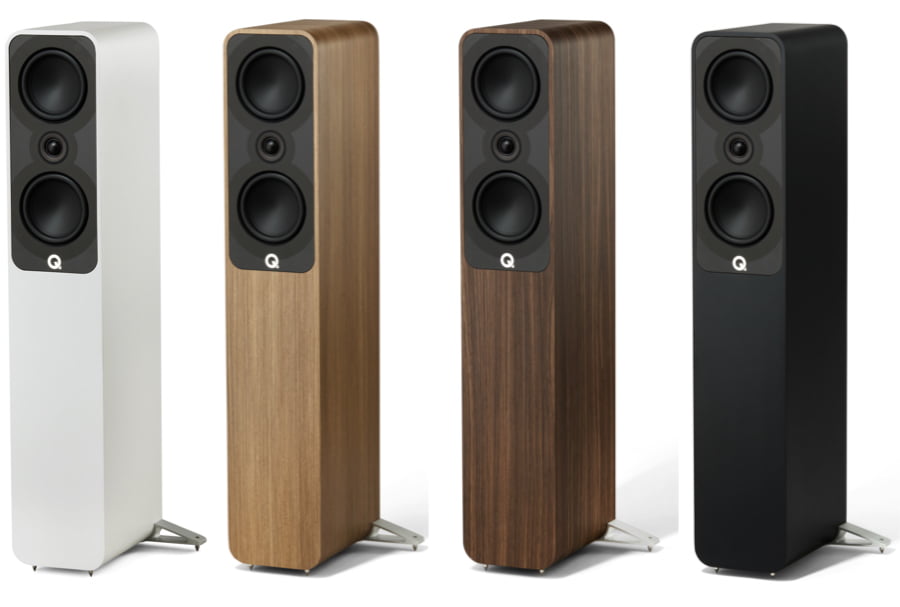
The Q Acoustics 5040 have been my drug of choice in 2023 and are now a permanent part of my den listening system. The British loudspeakers share the space with a pair of Magnepan LRS Loudspeakers driven by my Cambridge Audio Edge A Integrated Amplifier.
The Evo 150/Evo CD have proven to be a much better match so far from a tonal balance perspective; although it still falls far behind the Edge A when it comes to headroom, bass response, and its dynamic capabilities.
The price difference between the two is rather significant and it really feels more at home with larger floor standing loudspeakers like the Bowers & Wilkins 703 S3 that we just reviewed and awarded our “Editor’s Choice” honor for 2023.
The Evo 150 is a superb piece of kit that works flawlessly and really looks the part with its replaceable wood side panels. I will have much more to say about it next week.
The Evo CD transport does not have a sound of its own and takes on the forceful and detail presentation of the Evo 150 on the other end.
My biggest complaint about the Q Acoustics 5040 is its somewhat lean sounding tonal balance; the Evo 150/Evo CD combination warms things up just enough without disturbing the incisive and spacious sounding presentation of the loudspeakers.
Donald Byrd, Eric Dolphy, Grant Green, and Herbie Hancock CDs don’t quite offer the same presence of their vinyl alternatives and certainly not the same sense of space — but there is no question that I preferred the CD version to the streaming option on either TIDAL or Qobuz.
Are the differences huge? Depends on the recording — but generally no. It’s the little changes in texture and top end extension that really stand out.
But that was not the case with every CD.
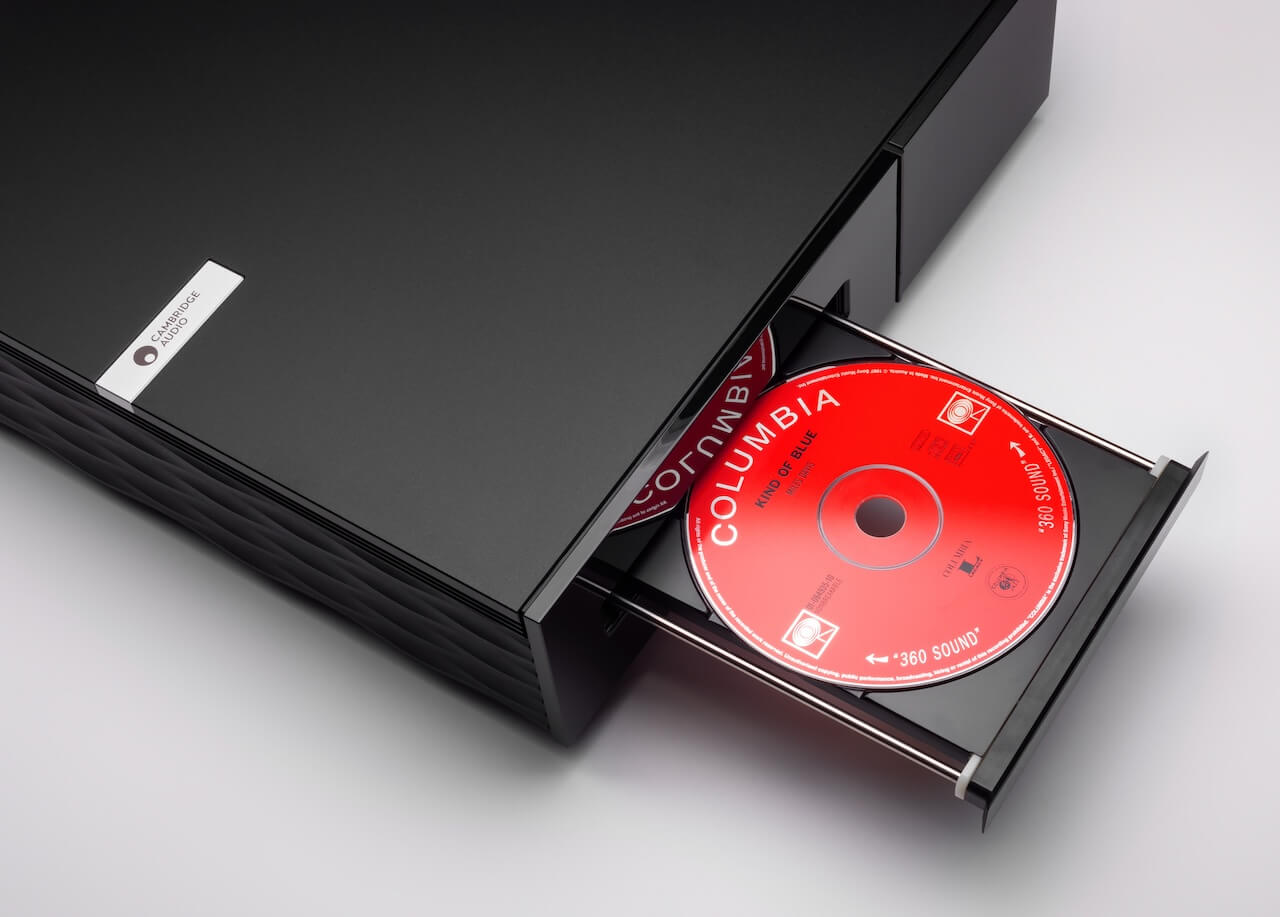
Listening to 1980s copies of the Cure, Guns N’ Roses, the Police, Rush, and Talking Heads revealed that there were some genuinely horrible sounding CDs released during the first decade of “perfect sound forever” and in some cases — the available streaming versions offer better sound quality.
The Evo 150/Evo CD definitely make poorly recorded CDs sound fuller and remove some hardness in the treble; your mileage with each recording will definitely vary.
The Evo 150 delivers everything with a lot of pace and that attribute was replicated with each CD.
Compared to my Marantz CD60 which was connected to another input, the Evo CD sounds slightly thinner in the bass and midrange, but gives up nothing to the Marantz the rest of the way.
The Evo CD delivers music with greater intensity; which is one of the better qualities of the CD60 that never seemed to quash dynamic shifts at all or lack any sense of presence.
Both units are really good at both.
Final Thoughts
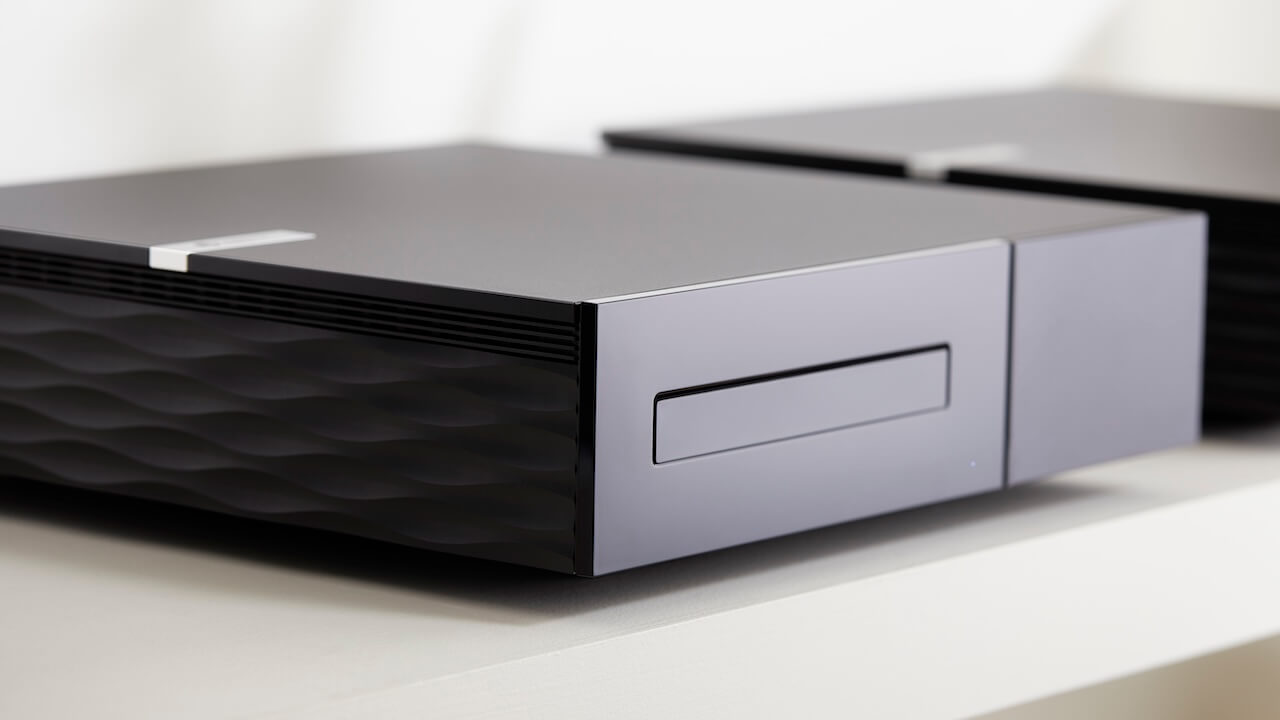
The Cambridge Audio Evo CD transport fulfils its intended role perfectly offering superb CD playback within the context of an Evo series system. That limitation will prove to be disappointing to some who might be interested in adding a high quality CD transport to an existing DAC or their own amplifier which might offer digital inputs.
The $1,199 USD asking price combined with either amplifier still makes it a less expensive combination than the Naim Uniti Atom which does not include a CD player or phono preamplifier.
If you already own a pair of loudspeakers and turntable, and want to add hi-res streaming capabilities and CD playback to your system — you would be rather silly to not put either Evo streaming amplifier/Evo CD combination on a short list to audition right now. It is very hard to beat.
Where to buy:
- Evo CD –
$1,199$999 at Amazon
- Evo 150 – $2,999 at Amazon
- Evo 75 –
$2,249$1,799 at Amazon
Continue reading more stories about Cambridge Audio.

